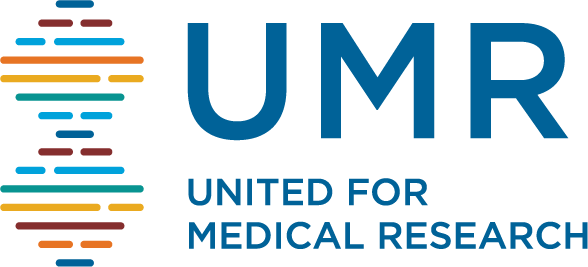May 23, 2011
Science Progress blogger Sean Pool’s recent piece about UMR’s new report, “An Economic Engine: NIH Research, Employment, and the Future of the Medical Innovation Sector,” and a report from Battelle about the economic impact of the human genome project provided an in depth look at the reports’ significant findings. In addition to using compelling and expressive graphics to show the powerful economic impact of these investments, he makes his point with a flourish:
“When times are tough and budgets are tight, everyone—families, businesses, and yes, even the government—must make difficult choices and prioritize the things they really need while giving up some of the things they don’t. This process of economic recalibration, while painful, is a necessary and healthy step in making our economy more efficient in the long run.
“But advocating cuts to government investments that bring in more revenue throughout the economy than they cost to run is self-defeating in terms of both deficit reduction and job creation. Cuts to these high-performing programs would be like a business cutting its best-selling product lines in the name of cost reduction. McDonalds doesn’t cut french fries from its menu just to save a buck. They know their french fries are profitable and draw customers to their restaurants. Such cuts would make McDonalds’ balance sheet worse—not better.”
View his piece in its entirety here.

